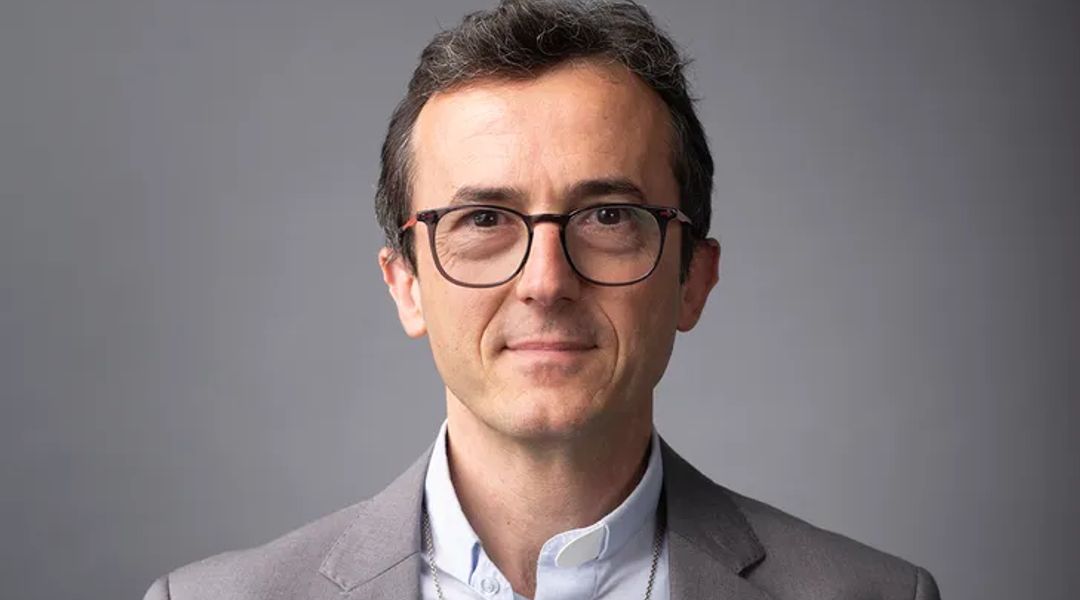The more global events become turbulent and worrisome, the
more Christian communities incorporate intentions for peace into their prayers.
While the pope encourages this, reality shows that this movement is
spontaneous. Like the classic half-full or half-empty glass dilemma, some see
prayer as the little that can be done when nothing concrete seems possible,
while others emphasize that this accessible act is essential—and its absence
would be a loss.
What can prayer accomplish? The deeply personal nature of
spiritual life does not lend itself to definitive claims about the
effectiveness of prayer. Yet, believers continually testify that the world is
moved by more than just gravity and that human history is shaped by more than
just military force.
Further reading: Pope decries “increasingly threatened” peace in annual State of the World address
Thus, it is right to pray for peace in these times of great tension. But we must ask ourselves: For
what purpose—not just why—do we pray?
God’s intervention in the course of events is not direct,
yet He is not indifferent to human life. Through the Incarnation, the Christian
faith has a “geopolitical” dimension. God acts in history along the
very path Jesus took—through our humanity. He speaks to the human heart, urging
it to change course. As long as a person has not yet charged onto the
battlefield, as long as their ears are not deafened by shellfire or their mind
consumed with avenging fallen comrades, there is still a chance they might hear
the Father’s call to peace.
This is one aspect of prayer. But there is more—like the
Israeli woman, the mother of a Hamas hostage, who knows, with a purely spiritual certainty, that among her daughter’s
captors, there must be at least one who will show humanity and help her. In the
quiet of her heart, she draws strength from this faith.
Reflecting on such powerful testimony, a thought stays with
me: Given what war makes humans capable of, the very survival of our species is
a mystery. How have we not already annihilated ourselves? Just as scientists
proved the existence of antimatter through its effects before they could
directly observe it, so too—if I may say—the persistence of people striving to
build a livable world despite everything shows that even amid the most absurd
and massive destruction, there have always been brave and virtuous individuals
who have kept history on the rails of civilization.
In them, the prayers of believers have found an echo,
transforming into acts of resistance and overflowing humanity.
The Protestant theologian Karl Barth, who lived in the
early 20th century, is said to have advised praying with the Bible in one hand
and the newspaper in the other. A timely reminder.
Arnaud Alibert is a priest of
the Augustinians of the Assumption (“Assumptionists”) and the chief
religion editor at La Croix.
Further reading: Presenting himself as a pacifist, Pope Francis dreams of ending war
